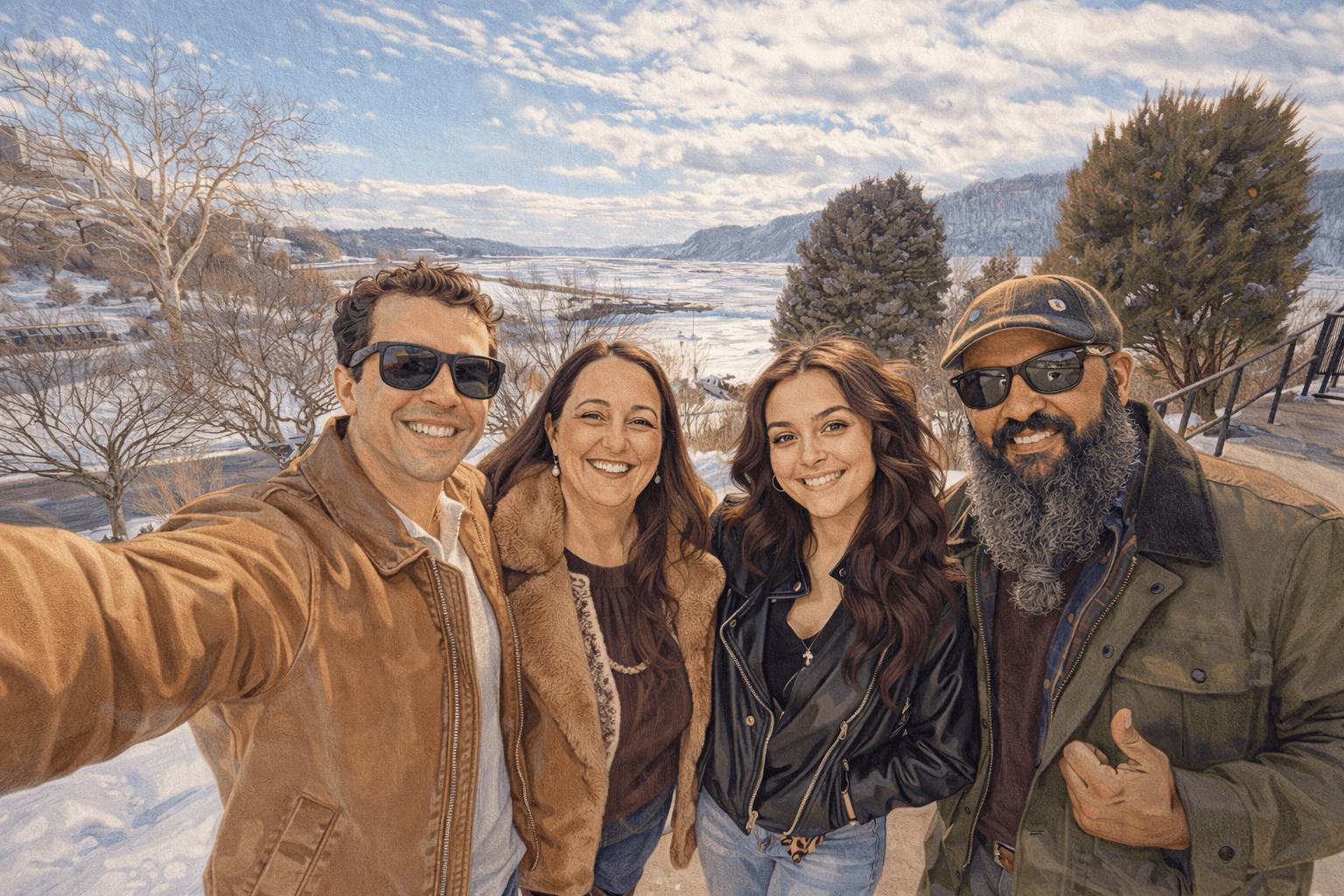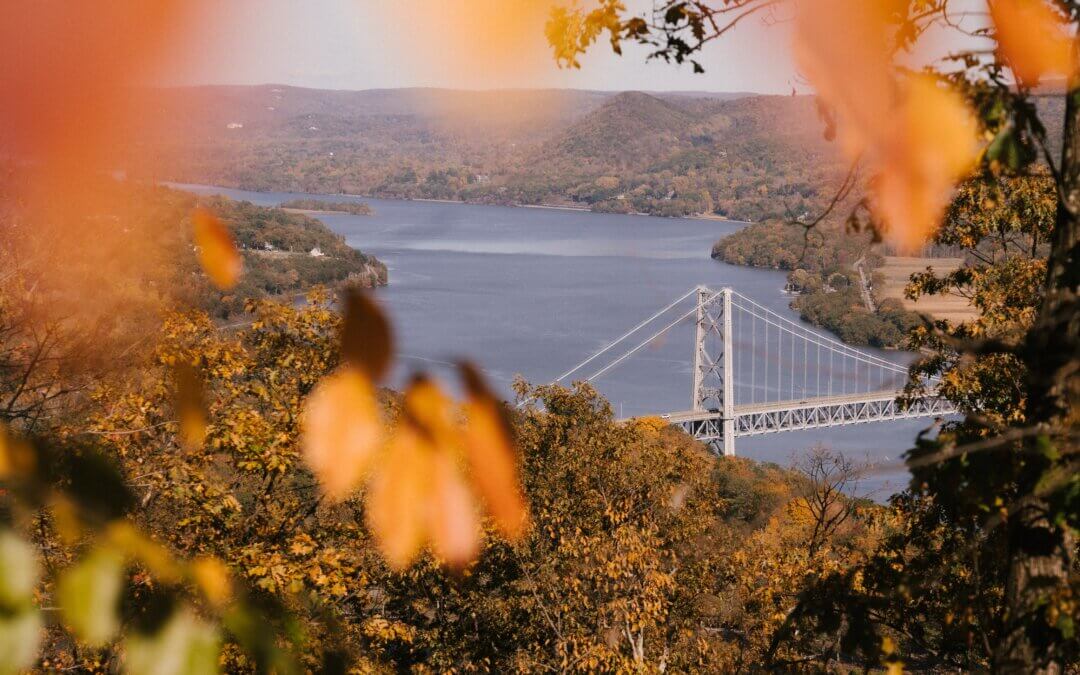When Tourism is in Your DNA
Once upon a time, tourism was the “cool kid” of industries. It was the industry everyone wanted to be in, glamorous, fast-moving, celebrated as the world’s largest stage for culture and connection. Families piled into cars for the great American road trip, national parks became the symbols of freedom, and in Europe, cities like Paris, Rome, and Barcelona turned travel into art, culture, and aspiration.
Today, There is A Calling for a New Era in Tourism
Fast forward to today, and the shine has dulled. Tourism is no longer only viewed through the lens of excitement; it is also weighed against the challenges it creates and the pressure it places on communities. Employers struggle to attract and retain talent when housing for the workforce is scarce or unaffordable. Destinations work to manage visitor flows without losing their authenticity or overwhelming residents. Fragile landscapes face pressure from increased visitation. And across the board, the industry is under sharper scrutiny, on sustainability, community impact, and inclusivity, and in some corners, even its own purpose.
World Tourism Day: Tourism and Sustainable Transformation
This year’s World Tourism Day reminds us that the future of our industry depends on transformation and sustainability and that defending tourism means embracing both.
Defending our industry today means more than pointing to visitor numbers. It’s about proving its worth to every community it touches: the jobs it creates, the small businesses it sustains, the culture it celebrates, and the investments it attracts. Tourism is not a side story; it’s one of the most powerful industries in the world, generating nearly 10% of global GDP and one in every ten jobs worldwide.
Across the world, tourism proves time and time again that it is far more than leisure; it’s a lifeline. In some nations, like Aruba, the visitor economy represents 70-80% of GDP, serving as the very foundation of prosperity. But Aruba isn’t just counting arrivals, it’s investing in sustainability. Visitor dollars are reinvested back into cultural festivals, heritage projects, and initiatives that steward responsible tourism. Aruba shows that destinations under great pressure can also become leaders in balance and resilience. Aruba’s Responsible Tourism Impact Report revealed that guests want to be responsible; they just need guidance on how.
The future of our industry depends on transformation and sustainability, and that defending tourism means embracing both. To safeguard its place as a driver of jobs, small businesses, culture, and investment, we must prove its value while also reshaping it to meet the demands of a changing world. Transformation and sustainability are not optional; they are the very tools that allow us to defend tourism’s role in our economy and our world. For those who work in tourism, whether as business owners, frontline workers, or policymakers, this is your call to action: to stand up for an industry that gives so much to so many, and to shape it into one that both communities and travelers can proudly embrace for generations to come.
Responsible Tourism Isn’t a Trend, It’s the Standard
All around the world, destinations are proving that when tourism is stewarded responsibly, it can transform communities. In Iceland, visitor revenue is being reinvested to preserve fragile landscapes. In Barcelona, public-private partnerships are reshaping how tourism integrates into rural life. The same potential exists in the Hudson Valley, where visitor dollars already support farm-to-table dining, historic preservation, and, in Ulster County, free public transportation. The lesson is clear: responsible tourism is not a trend. It’s a path that destinations must commit to if they want long-term prosperity. It is not about rejecting tourism, it’s about reshaping it.
The Hudson Valley Opportunity
Closer to home, the Hudson Valley is poised for its own renaissance. Our region has the natural beauty, cultural richness, and proximity to New York City that most destinations could only dream of. But proximity isn’t a strategy, it’s just geography. And now, as the Blueprint for New York report makes clear, the cracks are showing. Talent leaving, projects tied up in bureaucracy, fragmented workforce efforts, and industries like hospitality are missing the ecosystem support they need to grow. These aren’t just challenges; they’re signals that it’s time to step into a new direction.
Tourism as a Regional Driver
This is where I believe tourism has to lead. Tourism isn’t a side note to economic development; it is the connective tissue. It touches everything: direct and subsector industries, hotels, resorts, farms and food systems, small businesses, main streets, cultural festivals, historic preservation, and more. When someone visits Hudson Valley, their spending moves across the community, creating ripple effects. Imagine a Hudson Valley where farm-to-table isn’t just a slogan but a year-round stabilizer for our growers. Investing in hospitality goes hand in hand with addressing the workforce housing, so we can actually attract and keep people who want to make the industry thrive. Where cultural tourism strengthens main streets and helps reimagine underused office and commercial space. Where collaboration across counties builds a regional tourism identity not as an accessory, but as the strategy that binds our region’s economic future together.
A Call For Defenders of Tourism
Just as there is a call for responsible tourism, there is also a call for defenders of tourism. This industry sustains millions of livelihoods and drives investments into the very places people love to visit. Yet, there’s a growing hypocrisy: celebrate our own freedom to travel the world, but reject tourism when it shows up in our own backyard. We cannot have it both ways. If we value the ability to explore, then we must also value the industry that makes exploration possible.
Defending tourism doesn’t mean ignoring the challenges. It means showing up to prove its value and making responsible tourism the standard. It means seeing tourism not as a burden, but as a critical opportunity to strengthen communities and build sustainable futures. If you’re part of the industry, this is your moment. Tourism needs its advocates. Because the real question is not whether tourism has a place in our future, it is whether we are willing to defend it, shape and transform it into the sustainable force for good it was always meant to be.
Tourism is Changing. The Question is: Will You Stand Up For It?
Thank you for reading until the end, Ayerim
About the Author
Ayerim Maduro is an award-winning destination marketer, speaker, and founder of HAMAK Hospitality Solutions, advancing tourism and community impact in the Hudson Valley. A proud wife and mom of two young adults, Ayerim shares thoughtful reactions and actionable insights on her blog, Ayri Vibes, blending personal storytelling with professional expertise. She writes about life, purpose, travel, hospitality, entrepreneurship, and what it means to design a life you truly love. Her work weaves together her 20+ years in tourism, digital marketing, and community building authentically, making an impact from the heart.
Looking for a dynamic, soul-led speaker for your next event: Book Ayerim for speaking engagements on topics like positive tourism and purpose driven leadership. Want to collaborate or learn more about how Ayerim supports destinations and businesses? Explore services with HAMAK Hospitality Solutions
Any views or opinions expressed in this blog are solely Ayerim’s own and do not represent the views or opinions of those people, institutions, or organizations that she may or may not be associated with in a professional or personal capacity unless explicitly stated.



Recent Comments